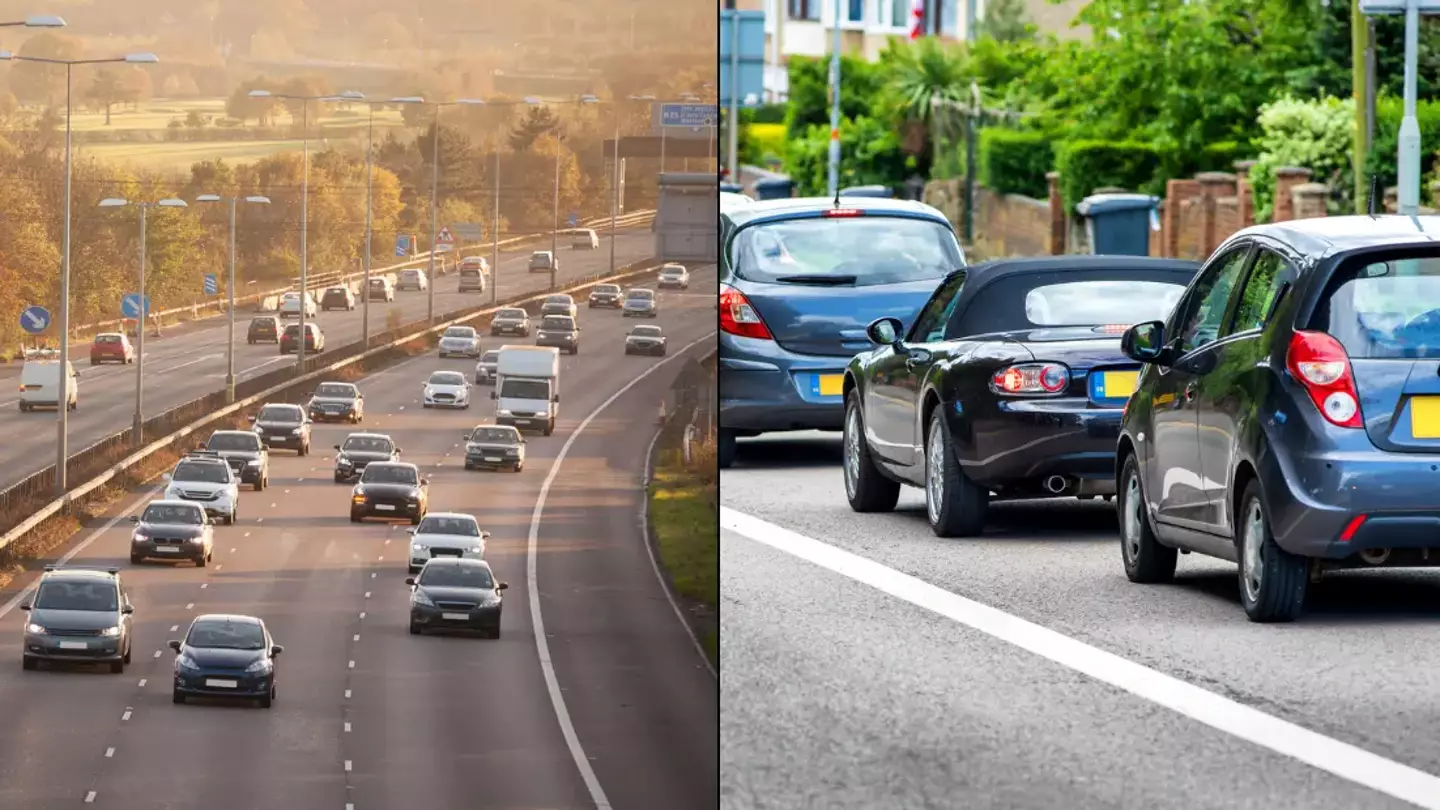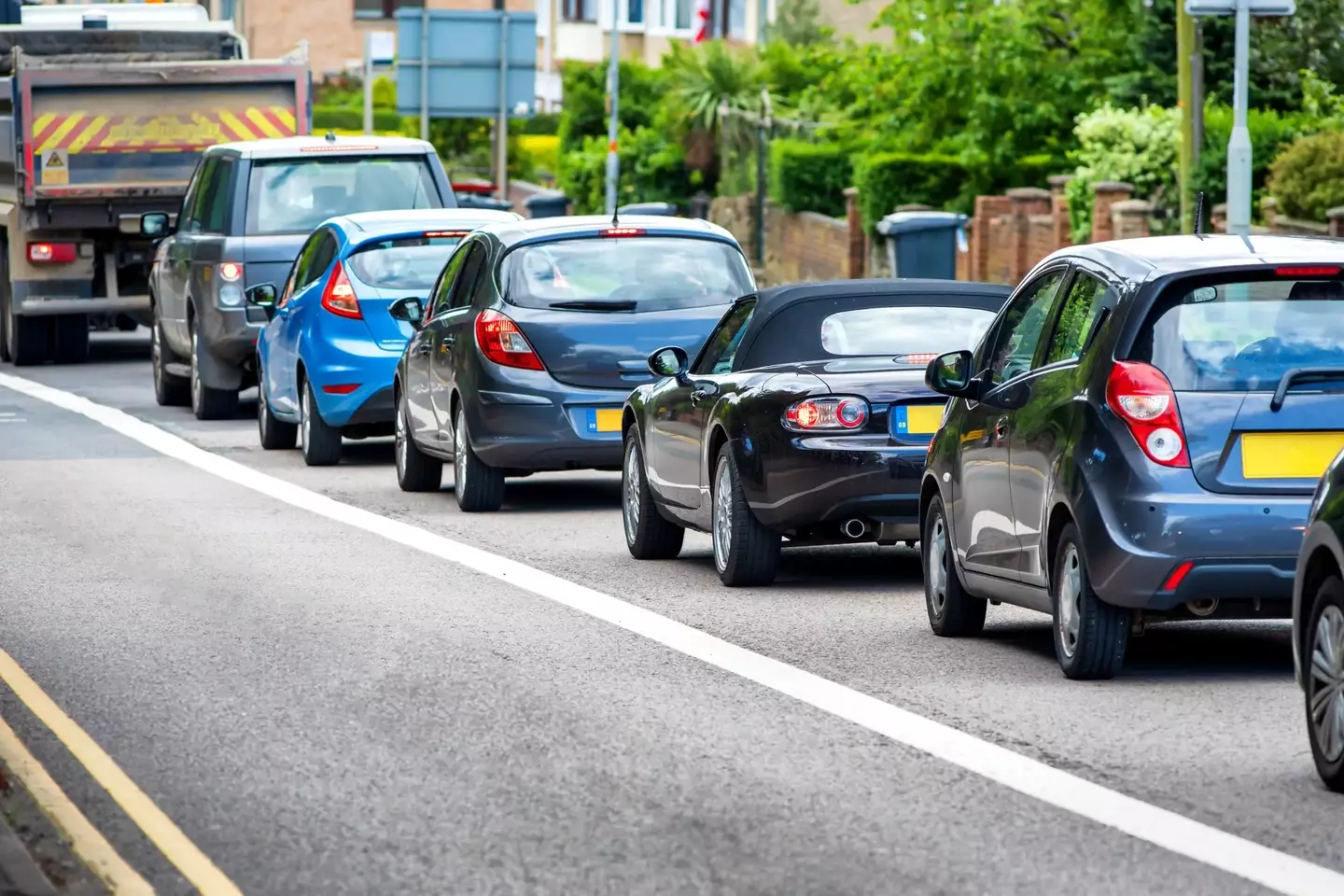
As we’re creeping on up to the New Year (eek), it’s time to re-evaluate your car choices as you’ll be faced with a hefty bill.
Even though we’re all deep in the throes of having to pay out more and more thanks to the cost-of-living in the UK, there’s now another wad of cash that’s going to be taken out of your account.
Drivers are going to see a rise in the amount they have to pay, which will increase their yearly bill to £2,745.
It’s all to do with the Government’s plans to become a more eco-conscious nation as the Autumn Budget was revised to make driver cough up more money.

59 cars will be affected by the new tax bill (Getty Stock Images)
Why are prices going up?
This comes as the gov plans for new electric vehicle incentives, meaning that any of these 59 cars that emit over 255b/km of CO2 will be getting an increased bill slapped on them.
It’ll include a new car tax bill and an increase in Vehicle Excise Duty (VED).
The list is extensive, and covers everything from VW, Mercedes, Land Rover, to BMWs and Audi models.
Any vehicle emitting over 255g/km of CO2 will now have to pay £5,490 during their first year on the road from April 2025, which is a pretty steep incline from the former £2,745 charge.
The government is doubling first-year road tax rates across all higher CO2 bands to raise £400m for the Treasury next year as well as £1.7bn by the end of the decade, as per BirminghamLive.
According to the Budget documents from the Labour Party government: “To help drive the transition to electric vehicles (EVs) the government is strengthening incentives to purchase EVs by widening the differentials in Vehicle Excise Duty First Year Rates between EVs and hybrids or internal combustion engine cars.
“The government is also maintaining EV incentives in the Company Car Tax regime and extending 100% First Year Allowances for zero emission cars and EV chargepoints for a further year.”
Labour stated it plans on ‘maintaining tax incentives to purchase electric cars through Vehicle Excise Duty First Year Rates and the Company Car Tax regimes, as well as by extending 100% First Year Allowances for electric cars and chargepoints for a further year.’


